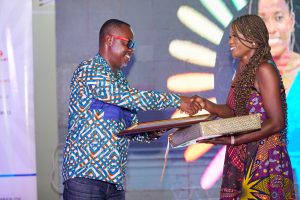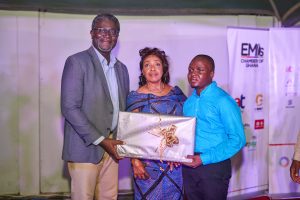He described the coding caravan as a digital skills awareness campaign that attempts to teach children in underserved and hard-to-reach areas the basics of ICT and how to use digital tools to tackle social problems.
Coding is viewed as the process of converting ideas, solutions, and instructions into a computer-readable language, as well as instructing the machine on which actions to take and how to finish tasks.
Dr Ashigbey was speaking in an interview with the Ghana News Agency on the sidelines of a training on coding caravan, which was organized by the Ghana Chamber of Telecommunications and the Institute of Information and Communication Technology (ICT) Professionals Ghana.
“You cannot just do the awareness creation on the coding caravan and leave it,” he said, adding, “When you do that, then, sustainability becomes a challenge.”
“We call for the intervention of public, private, and charitable organizations to help put resources together to promote the course,” he added.
This, he noted, would help put up ICT laboratories and coding centers for the deprived communities so that teachers in such areas can guide and impart ICT skills to the children.”
He also said the two organizations were committed to making the coding caravan sustainable because they were able to reach students in remote areas in three regions every year to introduce them to the basics of coding and programming for creating applications.
Mr. David Gowu, Executive Director of the Institute of ICT Professionals Ghana, added that “coding enables us to develop digital tools, mobile applications, and websites that can revolutionize sectors such as agriculture, healthcare, and education.”
According to him, these innovations could enhance productivity, accessibility, and efficiency in communities, and it was incumbent on students to take the study of coding seriously whenever the teams reached them in their schools.
Source: Joy News




